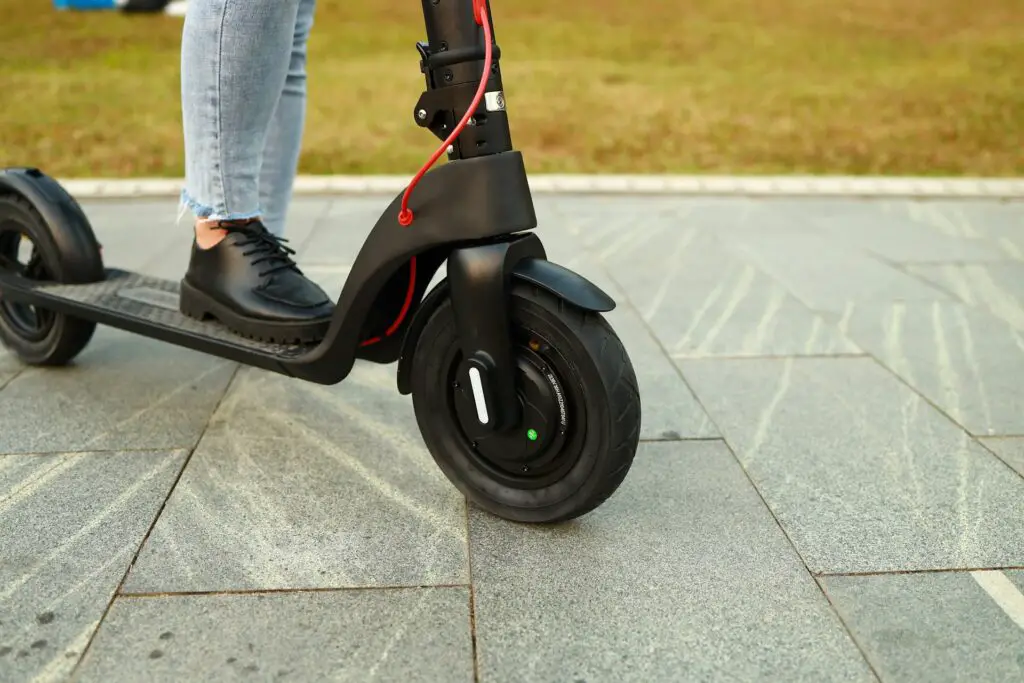Are electric scooters the future of transportation? The way we move around cities is rapidly changing. With increasing urban congestion, rising fuel costs, and growing concerns about environmental sustainability, electric scooters (e-scooters) have emerged as a promising alternative to traditional vehicles.
But are they really the future of transportation? In this article, we’ll explore the advantages of electric scooters, their challenges, and their potential role in shaping urban mobility.
The Rise of Electric Scooters
Electric scooters have gained immense popularity in recent years. Companies have introduced e-scooter sharing services in major cities worldwide, offering a convenient and cost-effective way to navigate urban environments. Additionally, personal ownership of electric scooters is rising as people look for sustainable and flexible transportation options.
Why Electric Scooters Could Be the Future of Transportation
1. Eco-Friendly Alternative to Gas-Powered Vehicles
- Unlike cars and motorcycles, electric scooters produce zero emissions, helping reduce air pollution and combat climate change.
- As cities aim to reduce their carbon footprint, e-scooters provide a clean and efficient mode of transportation.
2. Cost-Effective Transportation
- Owning and maintaining an electric scooter is significantly cheaper than owning a car or motorcycle.
- Charging an electric scooter costs a fraction of what you would spend on fuel for a gasoline-powered vehicle.
3. Solving Last-Mile Transportation Challenges
- One of the biggest urban mobility issues is getting from public transportation hubs to final destinations.
- Electric scooters bridge this gap, providing an easy way to complete short-distance commutes.
4. Reducing Traffic Congestion
- With growing populations, cities are experiencing unprecedented traffic congestion.
- E-scooters take up less space on roads and reduce dependency on cars for short trips.
5. Advancements in Battery Technology
- Improvements in lithium-ion batteries are making electric scooters more efficient, with longer ranges and faster charging times.
- As battery technology continues to evolve, electric scooters will become even more practical for daily commuting.

Challenges Facing Electric Scooters
1. Infrastructure Limitations
- Many cities lack dedicated scooter lanes, making it difficult for riders to navigate safely.
- Without proper parking spaces, improperly parked scooters can obstruct sidewalks and roads.
2. Safety Concerns
- Accidents involving e-scooters have raised concerns about rider safety, especially in cities without clear regulations.
- Helmets and protective gear should be encouraged to reduce injury risks.
3. Regulatory and Legal Issues
- Some cities have banned or restricted smaller or short-range e-scooter operations due to safety and traffic concerns.
- Clear regulations and traffic rules are needed to integrate e-scooters into urban transport systems effectively.
The Future of Electric Scooters
Despite the challenges, electric scooters are likely to play a significant role in the future of transportation. As cities invest in better infrastructure, improve regulations, and encourage sustainable transport, e-scooters will continue to grow in popularity. With advancements in technology and a shift toward greener mobility solutions, electric scooters could become a mainstream mode of transportation in urban areas.
The future may not entirely replace cars, but e-scooters will certainly complement other forms of transport, making city travel more efficient, affordable, and eco-friendly.
Final Thoughts
Electric scooters offer a compelling solution to many modern transportation challenges, from reducing pollution to easing urban congestion. While they are not without challenges, ongoing technological advancements and regulatory improvements could solidify their place in the future of mobility.
As cities adapt to changing transportation needs, electric scooters may soon become a common sight on streets worldwide. So, are electric scooters the future of transportation? The signs point to yes.
Discover more from Chikwem
Subscribe to get the latest posts sent to your email.